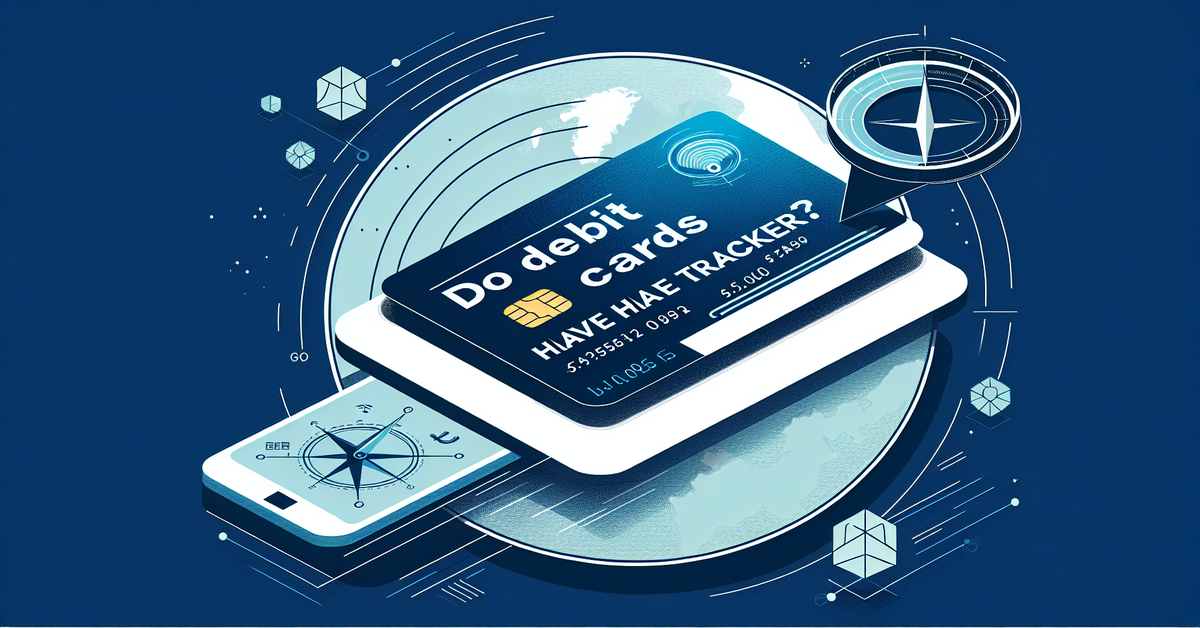You might think your debit card is just a simple tool for making purchases, but it's connected to various tracking technologies that monitor your spending habits. While these systems are designed to enhance security and provide personalized services, they also raise important privacy concerns. Are you aware of how your transaction data is being used and who might have access to it? Understanding the implications of these tracking systems might change the way you view your financial interactions. Let's explore what this all means for your privacy and security.
Understanding Debit Card Functionality
Debit cards serve as a convenient bridge between your checking account and everyday transactions, allowing you to access funds directly without the need for cash or checks. When you swipe your debit card, the funds are deducted instantly from your account, offering a real-time reflection of your balance. This immediacy helps you maintain better control over your spending, reducing the risk of overdrafts. Additionally, debit cards often come with built-in security features, such as EMV chips and PIN protection, which enhance safety during transactions. However, it's crucial to monitor your account regularly for unauthorized charges, as debit cards typically provide limited fraud protection compared to credit cards. Being aware of these functionalities can help you use your debit card more securely.
Types of Tracking Technologies
When using debit cards, it's important to be aware of the various tracking technologies that can monitor your transactions and spending habits. One common method is electronic data capture, where merchants record your purchase information at the point of sale. Additionally, transaction analytics software helps banks analyze spending patterns, identifying trends and potential fraud. RFID technology can also track your card's movement, especially in contactless payments. Moreover, mobile apps linked to your debit card can provide real-time transaction alerts, giving you insight into your spending. While these technologies can enhance security and convenience, they also raise privacy concerns. Understanding these tracking methods empowers you to make informed decisions about your financial safety.
Banks and Data Collection
Banks frequently collect data on your transactions to enhance their services and identify potential fraud. This data helps them analyze spending patterns, detect unusual activity, and improve customer experiences. By understanding your habits, banks can offer personalized services, such as tailored financial advice or alerts for suspicious transactions.
However, it's important to know that this data collection is standard practice across the industry. While it can bolster your security, it also raises questions about how your information is used and shared. Banks use sophisticated algorithms to monitor transactions in real-time, helping to safeguard your account. Staying informed about how banks handle your data can empower you to make safer financial decisions and utilize their services effectively.
Privacy Concerns With Debit Cards
Using a debit card can raise significant privacy concerns, as your transaction data may be tracked and shared without your explicit consent. When you swipe your card, financial institutions and third-party vendors can collect information about your spending habits, including where, when, and how much you spend. This data can potentially be sold to marketers or used for targeted advertising, leaving you vulnerable to unwanted solicitations. Additionally, if your card information is compromised, it can lead to identity theft, further jeopardizing your personal information. You might think you're making private purchases, but the reality is that your financial behavior is often monitored, raising questions about the security of your private data in a digital world.
How to Protect Your Information
Protecting your information while using debit cards involves implementing several proactive strategies to enhance your financial security. First, always monitor your account regularly for unauthorized transactions. Set up alerts for any unusual activity, so you can act quickly. Use strong, unique passwords for online banking and enable two-factor authentication whenever possible. When shopping, opt for secure websites that display 'https' in the URL. Avoid using public Wi-Fi for financial transactions; instead, rely on your mobile data or a secure network. Be cautious about sharing personal information and consider using a virtual debit card for online purchases. Finally, keep your debit card's information private and report any lost or stolen cards immediately to minimize potential risks.
Legal Regulations on Tracking
Understanding the legal regulations surrounding tracking can help you navigate the complexities of debit card usage and safeguard your personal information. Various laws exist to protect your data from unauthorized tracking, but they can vary considerably by region.
| Regulation | Description |
|---|---|
| GDPR | Protects EU citizens' personal data and privacy. |
| CCPA | Grants California residents rights over their data. |
| PCI DSS | Sets security standards for payment card transactions. |
These regulations guarantee that tracking is limited and that companies disclose how they use your data. Being aware of these laws empowers you to make informed choices and enhances your financial safety. Always stay vigilant and know your rights!
Future of Debit Card Tracking
As technology evolves, the future of debit card tracking is likely to see increased integration of advanced security measures and user controls, enhancing both convenience and privacy. You'll probably notice biometric authentication becoming standard, allowing you to authorize transactions safely. Real-time tracking features could also empower you to monitor your spending instantly, providing alerts for unusual activities.
Moreover, financial institutions may implement AI-driven fraud detection systems, analyzing your spending patterns to identify potential threats proactively. You'll likely have more control over your data, allowing you to choose what information you share and with whom. Overall, these advancements aim to create a balance between seamless transactions and robust security, ensuring you feel safe while using your debit card.

